Science Salon

Why are clocks in Germany so accurate while those in Brazil are frequently wrong? Why do New Zealand’s women have the highest number of sexual partners? Why are “Red” and “Blue” States really so divided? Why is the driver of a Jaguar more likely to run a red light than the driver of a plumber’s van? Why does one spouse prize running a “tight ship” while the other refuses to “sweat the small stuff?” Cultural psychologist Michele Gelfand provides answers.
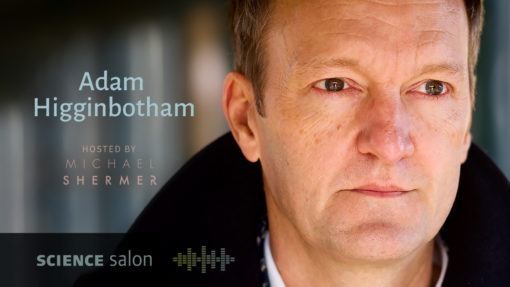
In Science Salon Podcast # 53, Michael Shermer speaks with the author of the newly published book Midnight in Chernobyl: The Untold Story of the World’s Greatest Nuclear Disaster, Adam Higginbotham who tells what really happened at Chernobyl, by far the worst nuclear disaster in history, and why it took so long to discover what really happened.
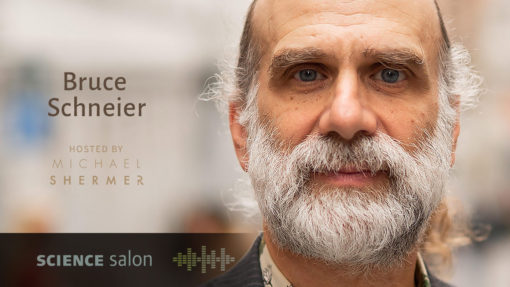
Shermer and Schneier discuss: how to protect yourself from being hacked and what to do if you are hacked • the motivation of hackers • the probability of your car or an airplane being hacked • Edward Snowden and Wikileaks • The Pentagon Papers and Daniel Ellsberg • what would happen if the electrical grid was hacked • cyberdeaths and how the government will respond with regulations when they happen • Russian hack of the 2016 election and how to…
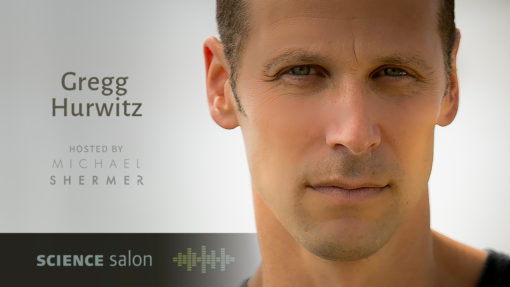
Shermer and Hurwitz discuss: being a public intellectual • how to convey ideas through fiction vs. nonfiction • the role of myths and archetypes in narrative stories • Jordan Peterson and religion • the role of life experience and suffering in the development of a successful novelist, screenwriter, or filmmaker • the role of narrative in politics, and more…

In Science Salon AMA # 3, Dr. Shermer offers a brief summary of his current opinion of Jordan Peterson and then reads his essay: “Have Archetype — Will Travel: The Jordan Peterson Phenomenon”.

In Science Salon Podcast episode # 50, Michael Shermer speaks with Dr. Rachel Kleinfeld, a senior fellow at the Carnegie Endowment for International Peace, where she focuses on issues of rule of law, security, and governance in post-conflict countries, fragile states, and states in transition.

Shermer reviews the latest issue of Skeptic magazine • introduces upcoming podcast guests Rachel Kleinfeld, Bruce Schneier, Mark W. Moffett, and Jared Diamond • discusses his book publishing plans for 2019, including an essay collection of his last 70 Scientific American columns • reflects on his 18 years writing for Scientific American and reads aloud the final column, titled “Stein’s Law and Science’s Mission”.

Shermer speaks with renowned evolutionary behavioral scientist, Gad Saad, about: his is escape to Canada from war-torn Lebanon • how he got interested in the study of human nature in general and consumer behavior in particular through the evolutionary lens • why people make the choices they do in the marketplace • why evolutionary psychology is an equal-opportunity offender to both the political left and right • what’s wrong with the Blank Slate model of human nature, and much more…
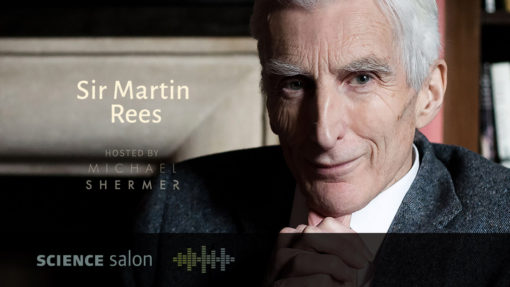
In this wide-ranging dialogue Michael Shermer talks with Astronomer Royal Sir Martin Rees — a leading astrophysicist as well as a senior figure in UK science and a public intellectual in England and America.
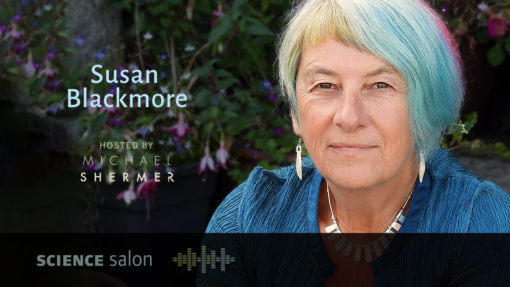
In Science Salon # 47, Dr. Michael Shermer speaks with Dr. Susan Blackmore about: how science can test subjective mystical experiences; memes and tremes; free will and determinism; the hard problem of consciousness, out of body experiences, near-death experiences, and God.

In this unusual Science Salon we bring you an interview of Dr. Shermer by Zac Sechler, a high school senior at Grace Prep High School in State College, PA.
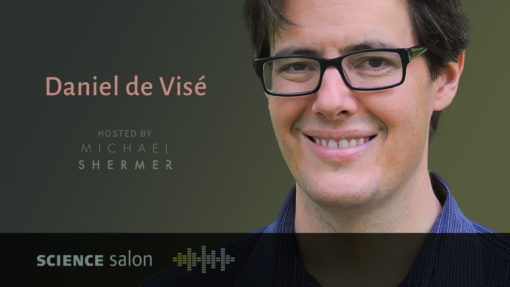
Shermer speaks with Daniel de Visé about one of the greatest athletes in American history, three-time Tour de France winner Greg LeMond. They also discuss: Lance Armstrong and the era of using Performance Enhancing Drugs in sports and the ethics of how something can be immoral if everyone is doing it. Shermer explains his game theory analysis of cheating and how to tilt the incentive matrix to encourage fair play among all agents in a system, and more…
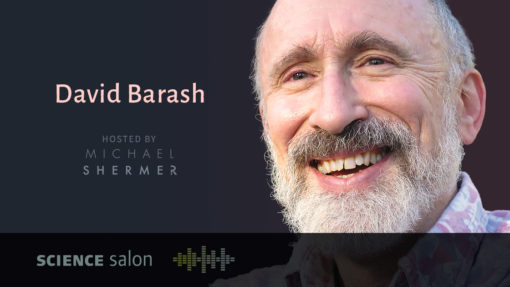
Humans have long seen ourselves as the center of the universe. This viewpoint — a persistent paradigm of our own unique self-importance — is as dangerous as it is false. In this Science Salon with Michael Shermer based on his new book Through a Glass Brightly noted biologist and evolutionary psychologist David Barash explores the process by which science has, throughout time, cut humanity “down to size,” and how humanity has responded.
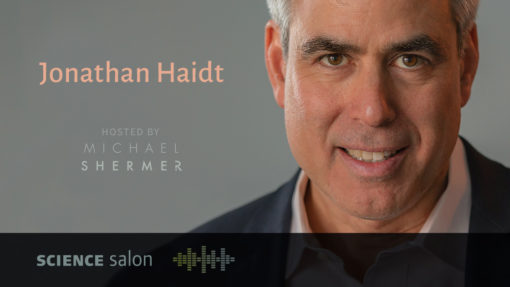
A lecture by and follow-up discussion with Dr. Jonathan Haidt about the excessive divisiveness of American politics and culture the past several years.
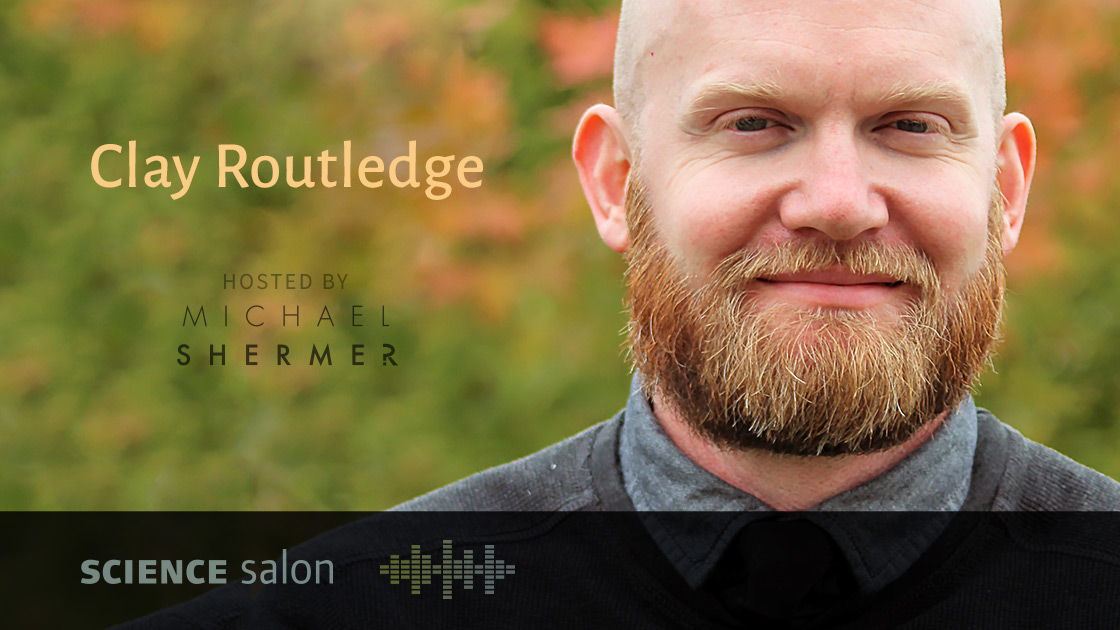
Shermer speaks with psychologist Clay Routledge about: the evolution of motivation and goals in animals and humans • what a “purpose driven life” really means • how atheists and nonbelievers can create meaningful and purposeful lives • the self, personal identity, and existential psychology • why people believe in God and fear death • why religious people live longer and healthier lives • why one-third of atheists believe in some type of life after death • free will as a…
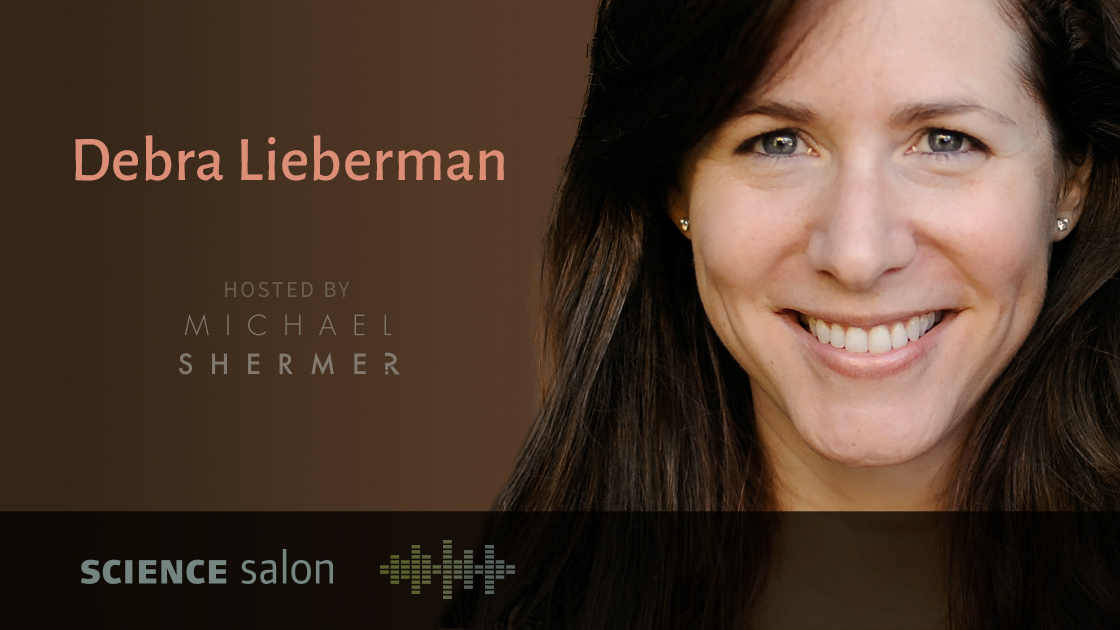
In Science Salon # 41, Dr. Lieberman considers disgust and its impact on the legal system to show why the things that we find stomach-turning so often become the things that we render unlawful.
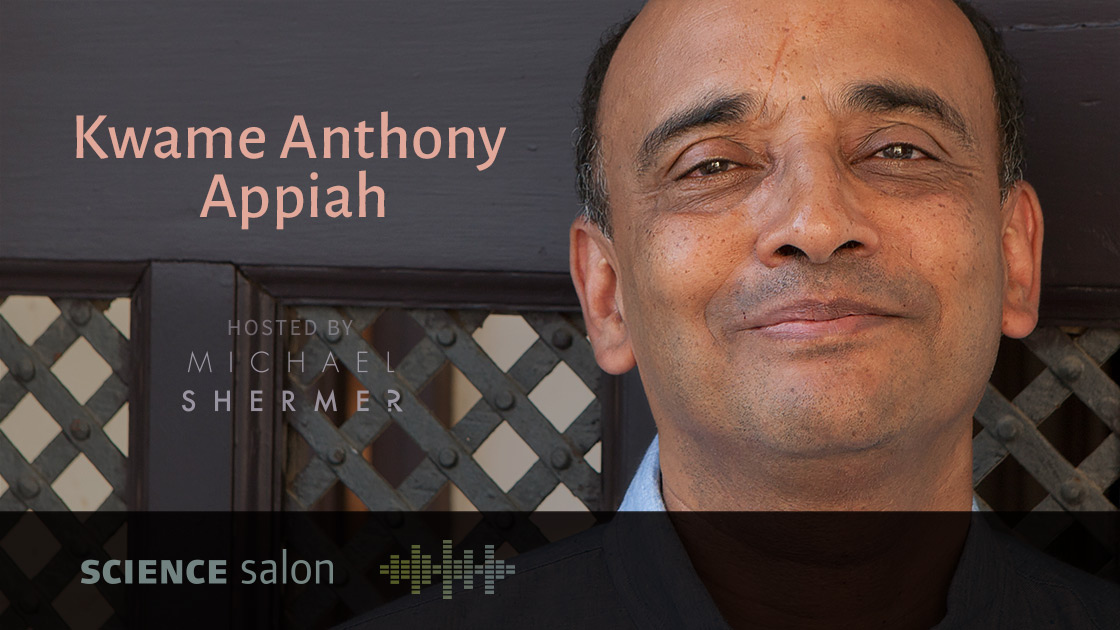
Shermer and Appiah discuss: the 5 “Cs” of identity — Creed, Country, Color, Class, and Culture — and what they tell us about who we are, or at least who we think we are. Dr. Appiah’s work explores the nature and history of the identities that define us. It challenges our assumptions about how identities work. Appiah shows how identities are created by conflict and presents a bold new theory of identity: a ringing philosophical statement for the anxious, conflict-ridden…

In this riveting review of the campus craziness investigative journalist, writer, and lawyer Heather Mac Donald and Michael Shermer dive deep into the root causes of what has gone wrong on college campuses, in corporations, and in government agencies, over the decades that has led to a crisis in higher education … and beyond.
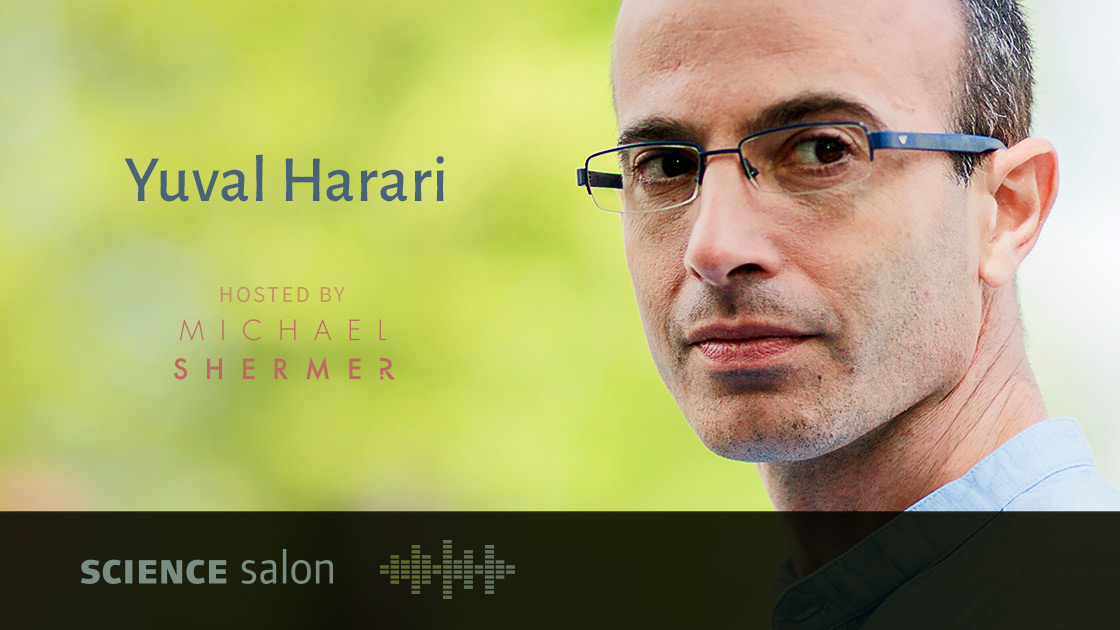
In this dialogue with one of the most interesting minds of our time, the Hebrew University historian and best-selling author (Sapiens, Homo Deus), Dr. Yuval Noah Harari, he and Dr. Shermer discuss: history, work, liberty, equality, community, civilization, nationalism, religion, immigration, terrorism, war, humility, God, secularism, ignorance, justice, post-truth, science fiction, education, meaning, meditation, and more…
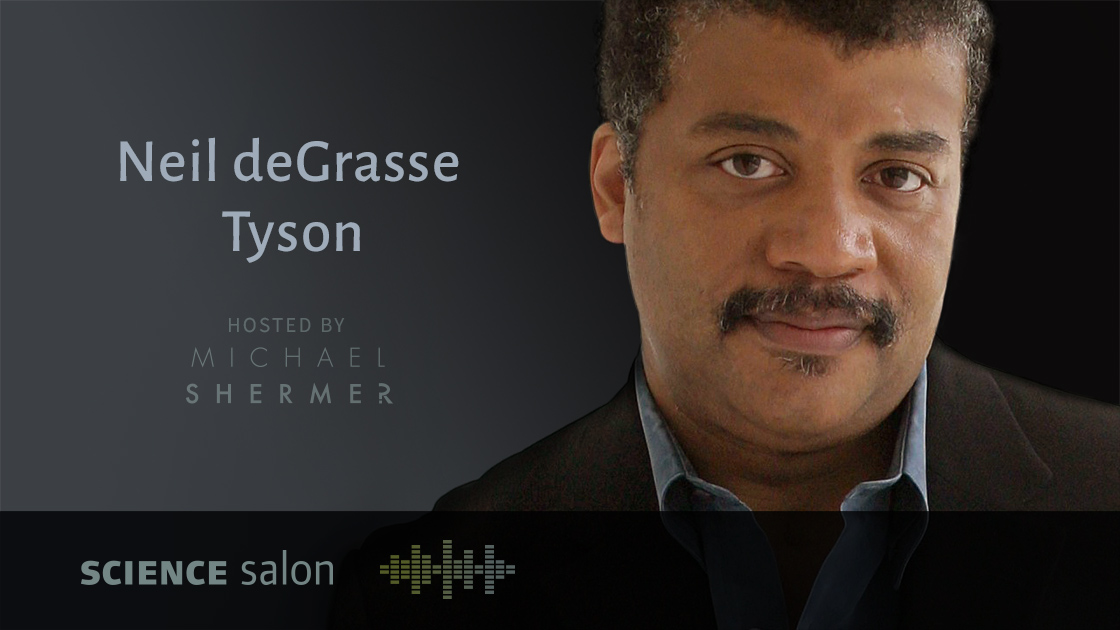
In Science Salon # 37, Michael Shermer and Neil deGrasse Tyson take a deep dive into the history of science and war, and the strange but productive alliances that have been formed over the centuries—particularly those between astrophysicists and politicians, governments, military, and corporations.
← PREVIOUS
NEXT →



























